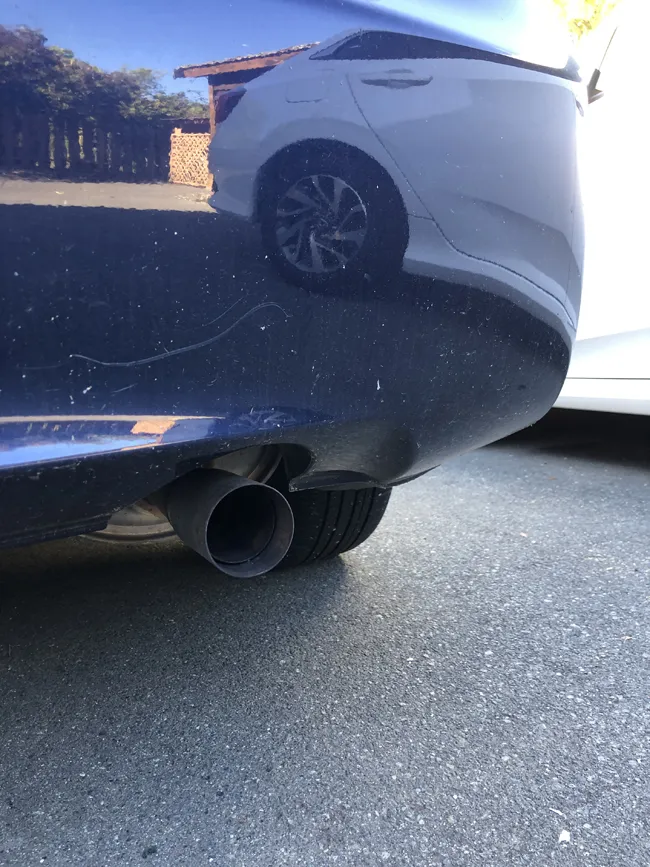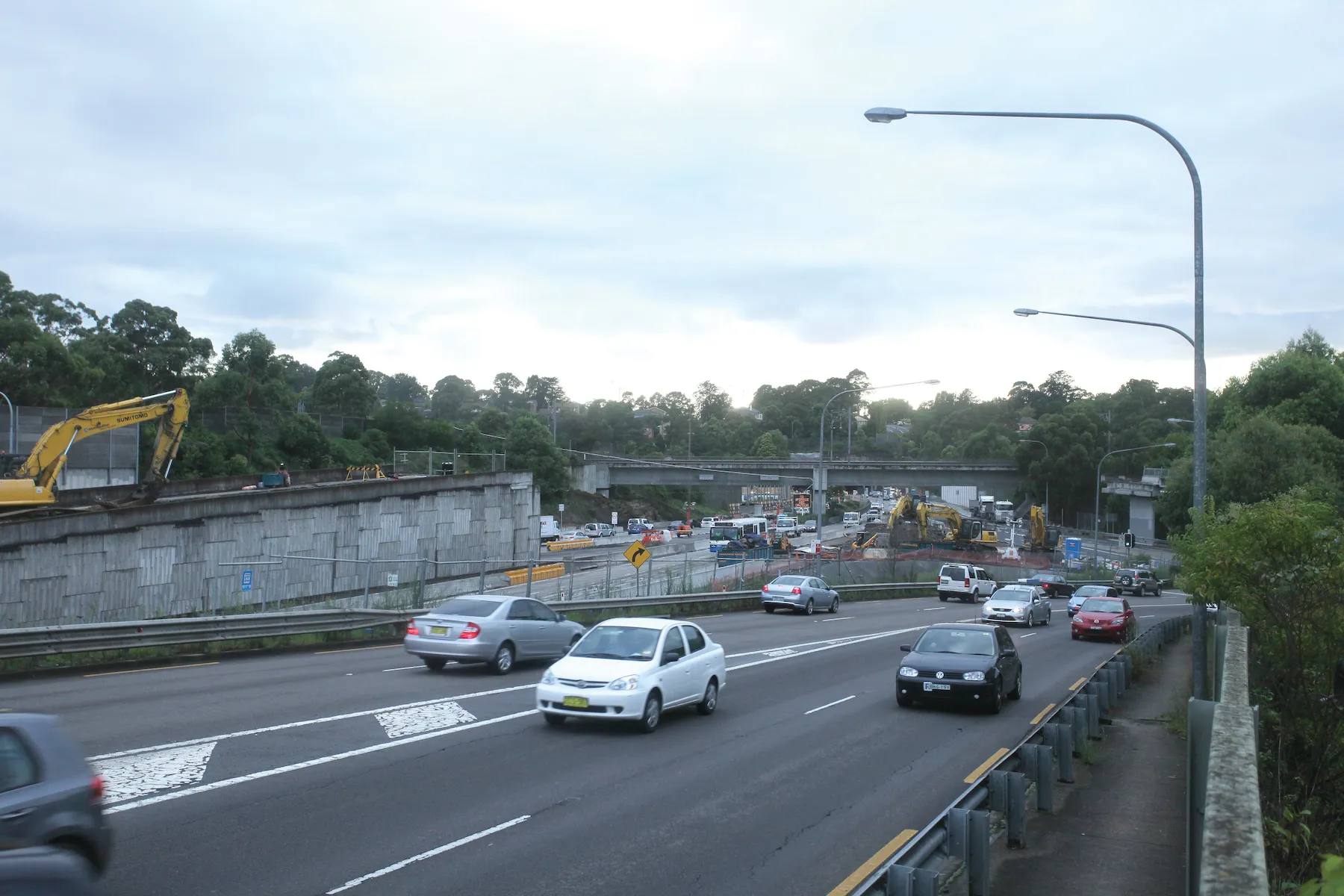Telvent GIT has been awarded a contract by the Transcity JV, with Brisbane City Council as the end customer, to implement the ITS for Legacy Way (formerly Northern Link) in Australia. Legacy Way is a 4.6km road tunnel that will connect Brisbane’s western and inner northern suburbs, delivering travel time savings of up to 44 per cent when it opens. The ITS contract is valued at around US$32 million.
Brisbane’s metropolitan area has seen strong population growth over the past decade. As the region continues to grow, it continues to put pressure on Brisbane’s already congested road network. Legacy Way completes the missing link of motorway standard road between Brisbane’s Centenary Motorway and the Inner City Bypass (ICB).
The Legacy Way project will deliver long-term benefits including reducing congestion on surface roads and cutting through traffic on local streets, enhancing the region’s pedestrian and cycle networks and providing a direct, reliable, high-speed route between the Western Freeway and the airport.
Telvent will install its SmartMobility Road Suite, based on its own supervisory control and data acquisition (SCADA OASyS), which allows centralisation of tunnel infrastructure and traffic management and provides operators with a set of effective tools to facilitate the process, while improving safety and security at the same time. The solution will enable traffic operators to control traffic in real time and be prepared to respond quickly and effectively to any incident or emergency situation occurring within the tunnel, once it opens.
“We are pleased to have the opportunity to work with Transcity JV on the Legacy Way project, which will lead to better traffic flow management in the Brisbane metropolitan area,” stated Ignacio Gonzalez, Telvent´s chairman and CEO. “This project will assist local authorities in their commitment to optimize urban mobility in the interests of creating a safer and more pleasant environment for citizens, thereby improving their quality of life”.








